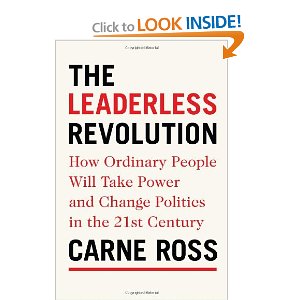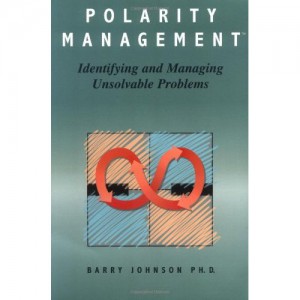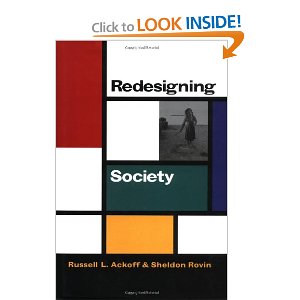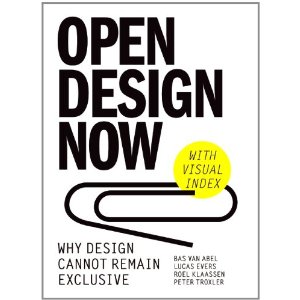
Carne Ross
4.0 out of 5 stars 5 for Superficial Overview, 3 for Pretense, May 13, 2012
It is unfortunate that Amazon's superb “Look Inside the Book” has been limited by the publisher to only the introduction, as I would like the potential buyer to have a much greater feel for the book that the reviews or the few front pages can offer, before making a decision.
Here is the bottom line: nothing in this book is a new insight, and I am astonished by the claimed editorial reviews, as they seem oblivious of the decades of work by others in the areas of co-evolution, panarchy, collective intelligence, hybrid governance, open source everything, small is beautiful, human scale, Epoch B, resilience, intelligence at the edges of the network, etcetera. In other words, this book is more of a “quickie” book, not at all the “deeply researched” effort that is claimed, and it is at best a survey that barely scratches the surface of my two master lists, of lists of book reviews I have done here at Amazon, a means of reading all my reviews sorted into many categories (including the future of democracy, of capitalism, etcetera). The positive list is the one to focus on for everything that this author attempts to convey, and points to many of the sources that the book does not cite. Both lists were the foundation for my 2010 book listed below after my name. The negative list documents the obvious, but with a structure that has been lacking in critiques to date, most are incoherent for lack of an analytic model. To get to the link, just search for full name of the list as shown below.








